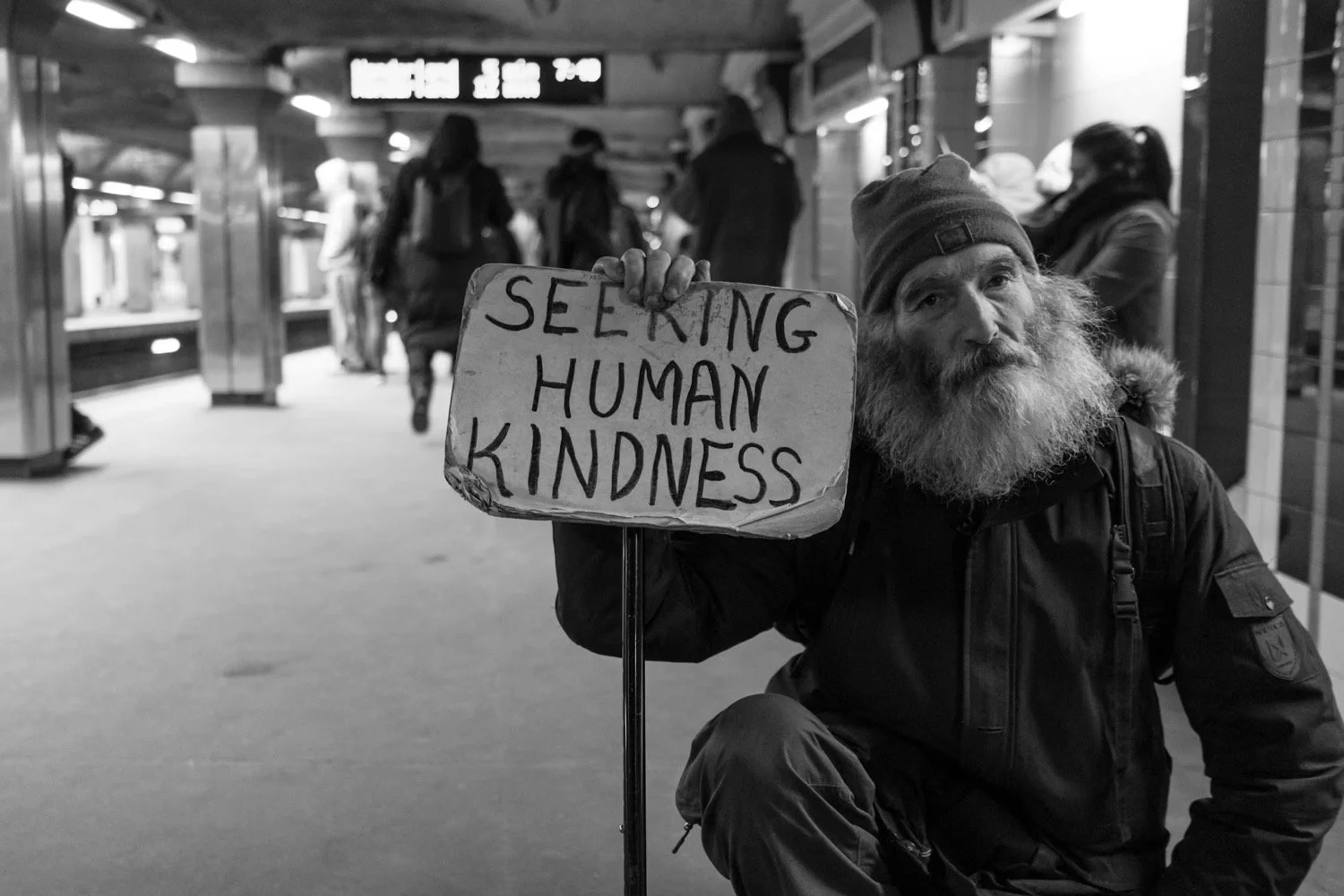Readings for today: Psalms 6, 9, 10, 14, 16, 21
I found this morning’s reading from the Psalms particularly relevant for our current cultural moment. It begins with personal lament. “Be gracious to me, O Lord, for I am languishing; heal me, O Lord, for my bones are troubled. My soul also is greatly troubled. But you, O Lord —how long? Turn, O Lord, deliver my life; save me for the sake of your steadfast love. For in death there is no remembrance of you; in Sheol who will give you praise? I am weary with my moaning; every night I flood my bed with tears; I drench my couch with my weeping.” (Psalm 6:2-6) I know so many praying this prayer or something like it. Perhaps they are sick from the virus. Perhaps they have other health issues that place their life in danger. Perhaps they know someone who’s struggling or suffering or even dying and they cannot be with them because of the quarantine. Perhaps they’ve lost their job. Closed their business. Maybe they didn’t make rent this month or they’ve stood in long lines at the food bank. Perhaps they feel overwhelmed. Anxious and afraid. Maybe they’ve even attempted to take their own lives. Yes, our souls are greatly troubled. We are weary with moaning. We’ve wept a flood of tears.
So where do we turn for help? We turn to the Lord. The maker of heaven and earth. The one who reigns and rules from His throne in heaven. And here is what He says, “The Lord sits enthroned forever; he has established his throne for justice, and he judges the world with righteousness; he judges the peoples with uprightness. The Lord is a stronghold for the oppressed, a stronghold in times of trouble. And those who know your name put their trust in you, for you, O Lord, have not forsaken those who seek you. Sing praises to the Lord, who sits enthroned in Zion! Tell among the peoples his deeds! For he who avenges blood is mindful of them; he does not forget the cry of the afflicted. Be gracious to me, O Lord! See my affliction from those who hate me, O you who lift me up from the gates of death, that I may recount all your praises, that in the gates of the daughter of Zion I may rejoice in your salvation. The nations have sunk in the pit that they made; in the net that they hid, their own foot has been caught. The Lord has made himself known; he has executed judgment; the wicked are snared in the work of their own hands. The wicked shall return to Sheol, all the nations that forget God. For the needy shall not always be forgotten, and the hope of the poor shall not perish forever. Arise, O Lord! Let not man prevail; let the nations be judged before you! Put them in fear, O Lord! Let the nations know that they are but men!” (Psalm 9:7-20) We acknowledge God’s greatness. God’s glory. God’s honor. He is indeed worthy of all our praise! And we know our God is faithful. He is a stronghold for the oppressed. He rescues those who are enslaved. He comforts us in our fear. But He is also judge. He will administer justice with righteousness. He gives the nations over to their sin. They sink into the pit they themselves have made. They catch their own foot in the trap they laid. All the nations that forgot God are now put on notice. Where is their strength? Where is their peace? Where is their hope? All their wealth and power cannot stop this plague. All their training and expertise and advanced technology have been brought low by the smallest of organisms. The world economy shut down. International travel suspended. Even wars have ceased as the plague rages.
In the midst of it all, it is easy to lose sight of God. To lose heart. To begin to lose all hope. “Why, O Lord, do you stand far away? Why do you hide yourself in times of trouble? In arrogance the wicked hotly pursue the poor; let them be caught in the schemes that they have devised. For the wicked boasts of the desires of his soul, and the one greedy for gain curses and renounces the Lord. In the pride of his face the wicked does not seek him; all his thoughts are, "There is no God." (Psalm 10:1-4) During times of great crisis, we often ask, “Where is God?” What is He doing? Why has He allowed these things to take place? How can He look on the suffering of His people and not step in? Some take it a step further. They see in these times of crisis clear evidence that God doesn’t exist. How can a good God allow such pain? How can a good God be the author of such evil? Truly if God were good and all-powerful, He would never allow such things to happen! But then the Psalmist reminds us that God is God and we are not. His ways are not our ways. His thoughts are not our thoughts. He is the King of kings and the Lord of lords and He shall reign forever and ever. “The Lord is king forever and ever; the nations perish from his land. O Lord, you hear the desire of the afflicted; you will strengthen their heart; you will incline your ear to do justice to the fatherless and the oppressed, so that man who is of the earth may strike terror no more.” (Psalm 10:16-18)
This brings us face to face with the fundamental reality of our own sinful existence. All of us have sinned and fallen short of the glory of God. All of us are guilty of selfishness and greed and lust. All of us have turned aside. Each to our own way. Each one of us does what is right in our own eyes. “The Lord looks down from heaven on the children of man, to see if there are any who understand, who seek after God. They have all turned aside; together they have become corrupt; there is none who does good, not even one.” (Psalm 14:2-3) Do we not all deserve judgment? Are we not all guilty? Have we not all rightfully earned death and an eternity separated from God? At the end of the day we do have to come to grips with the fact that either we will say to God - Thy will be done - or He will say to us - thy will be done. Either way, we will face the consequences of our decision.
So the encouragement from the Psalms today is to turn to God. To set your mind and heart on Him. To trust Him. Believe Him. Hope in Him. “I say to the Lord, "You are my Lord; I have no good apart from you…The Lord is my chosen portion and my cup; you hold my lot. The lines have fallen for me in pleasant places; indeed, I have a beautiful inheritance. I bless the Lord who gives me counsel; in the night also my heart instructs me. I have set the Lord always before me; because he is at my right hand, I shall not be shaken. Therefore my heart is glad, and my whole being rejoices; my flesh also dwells secure. For you will not abandon my soul to Sheol, or let your holy one see corruption. You make known to me the path of life; in your presence there is fullness of joy; at your right hand are pleasures forevermore.” (Psalm 16:2, 5-11) Friends, this time of crisis has shaken our lives to their foundations. It has brought down the societies we’ve built like houses of cards. It has exposed the utter foolishness of our thinking and the spiritual poverty with which we so often live. It has thrown down the idols to whom we had declared our allegiance. As we sit amidst the ruins of what once was, I pray we humble ourselves before the Lord. I pray we turn from our wicked ways and begin to seek Him anew and afresh. I pray we cling to Him above all else and seek Him with all our hearts. As we do, God promises to meet us. Renew us. Restore us. Revive us. Come, Lord Jesus, do your work in me!
Readings for tomorrow: 1 Chronicles 1-2, Psalms 43-44




